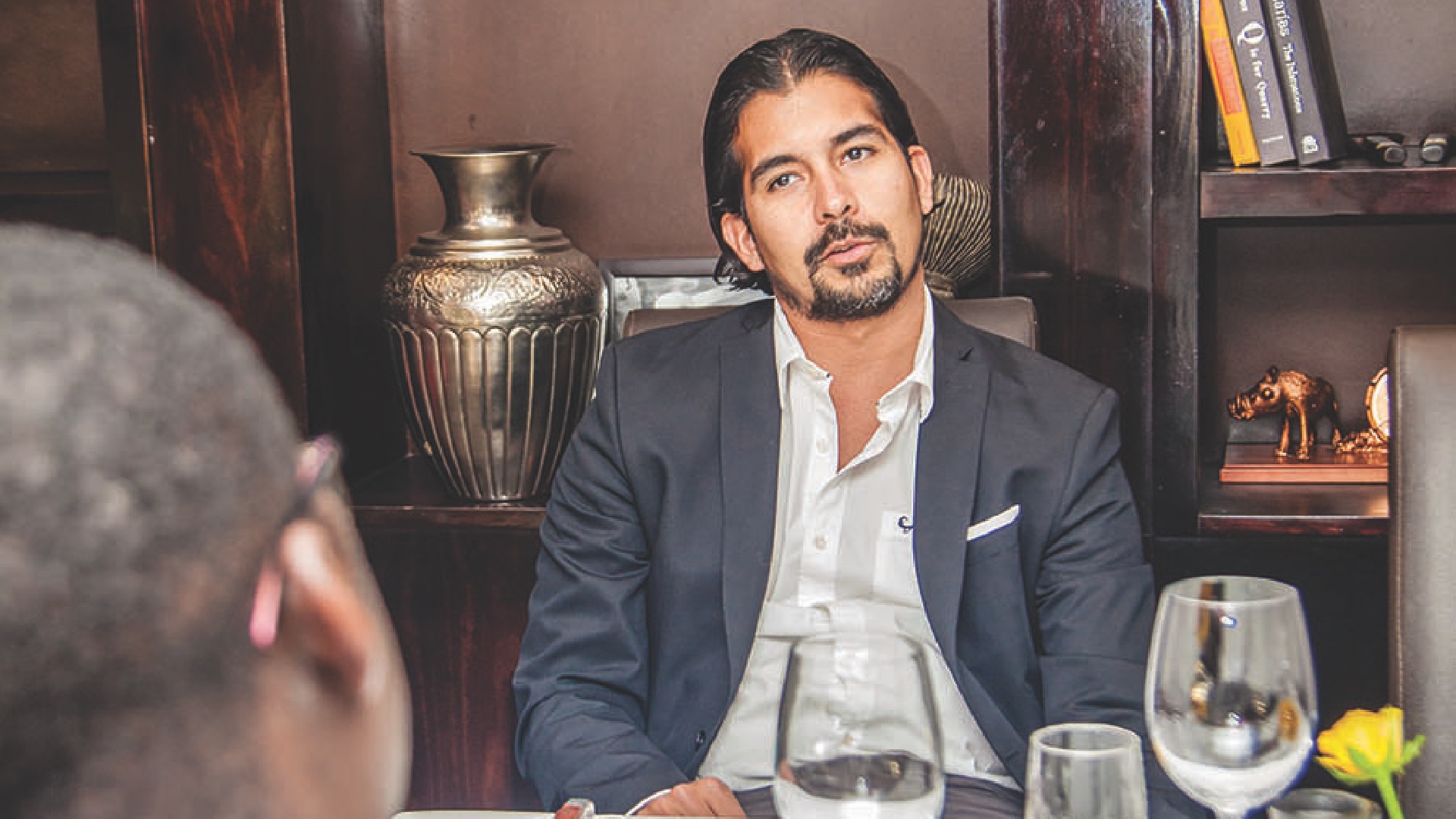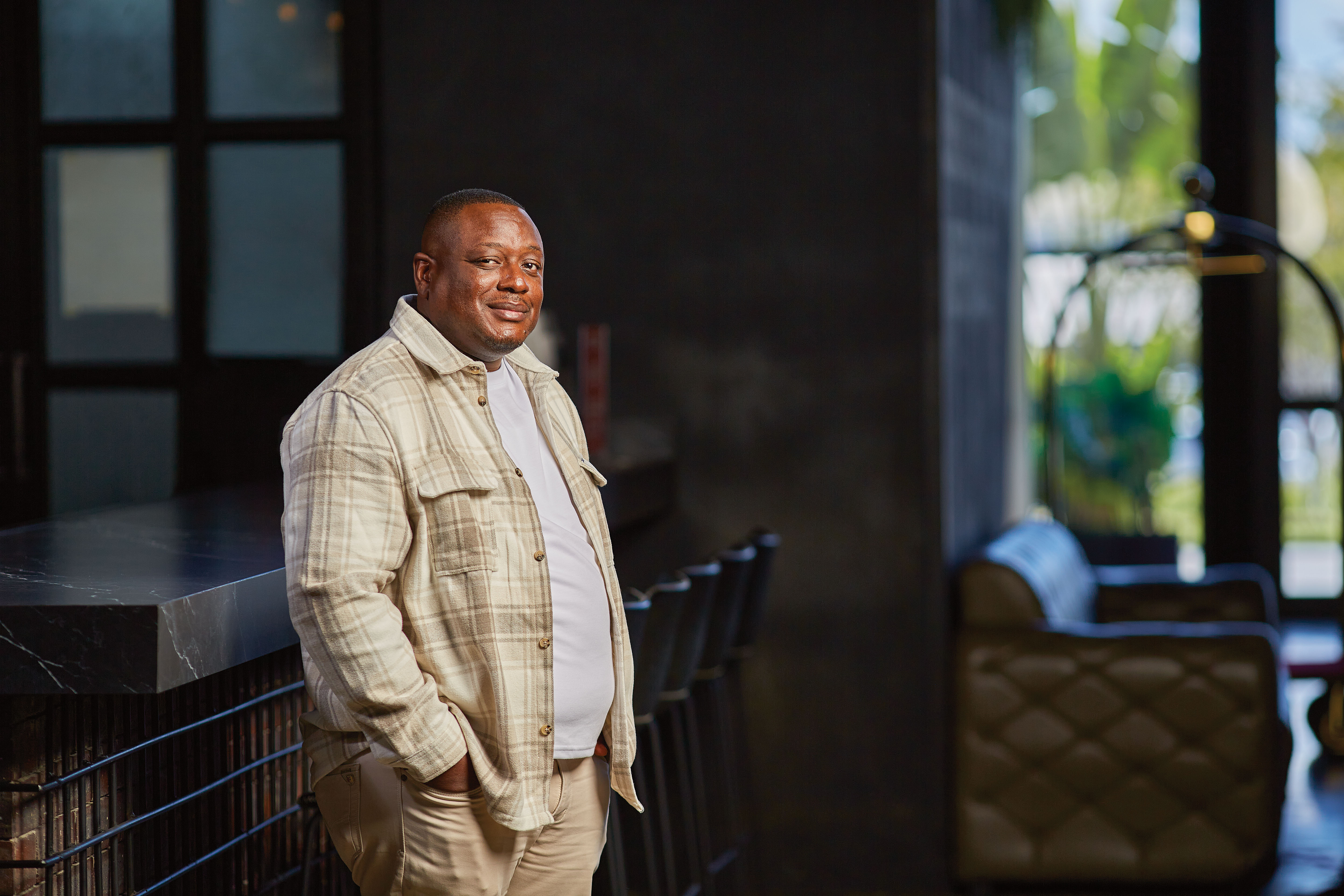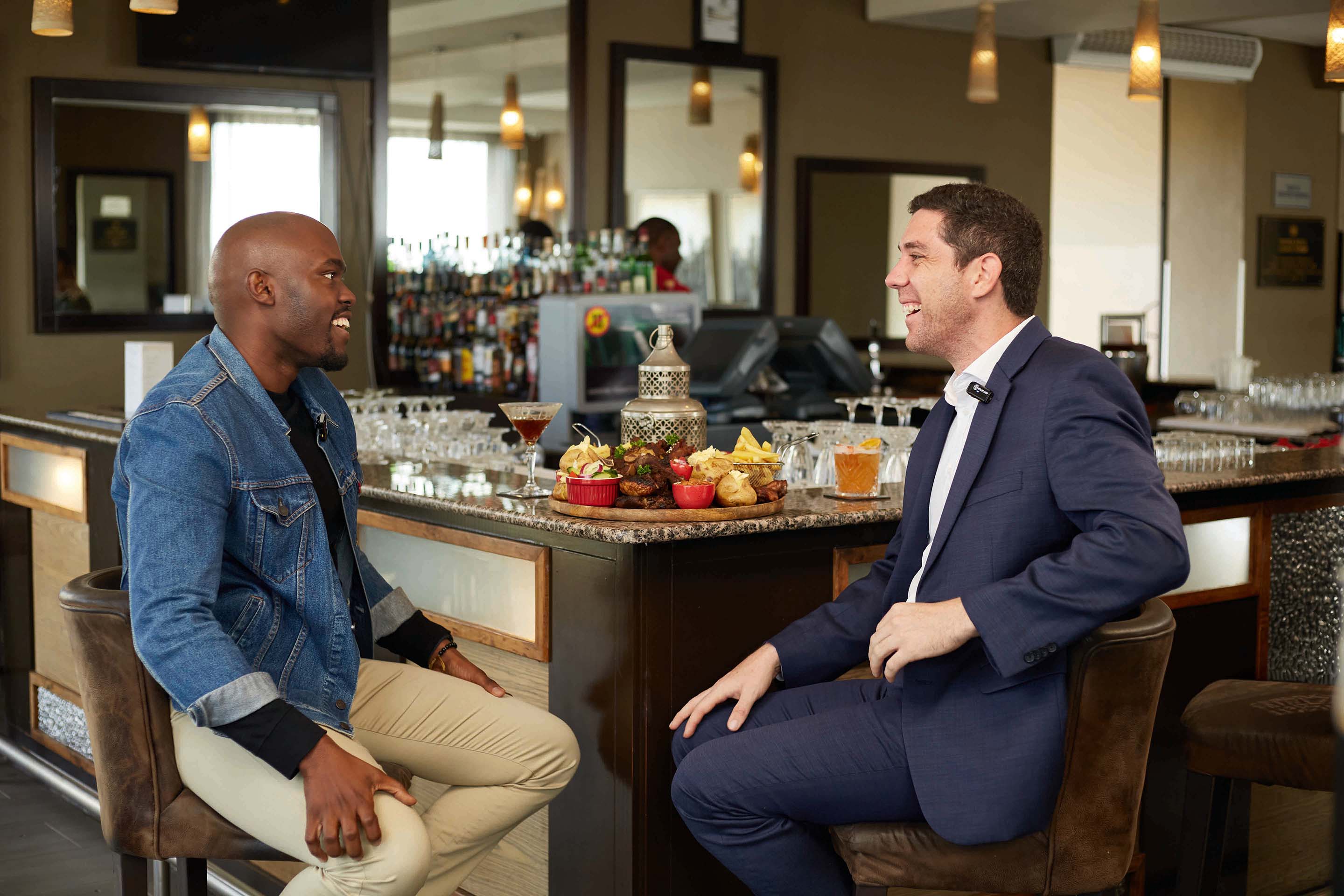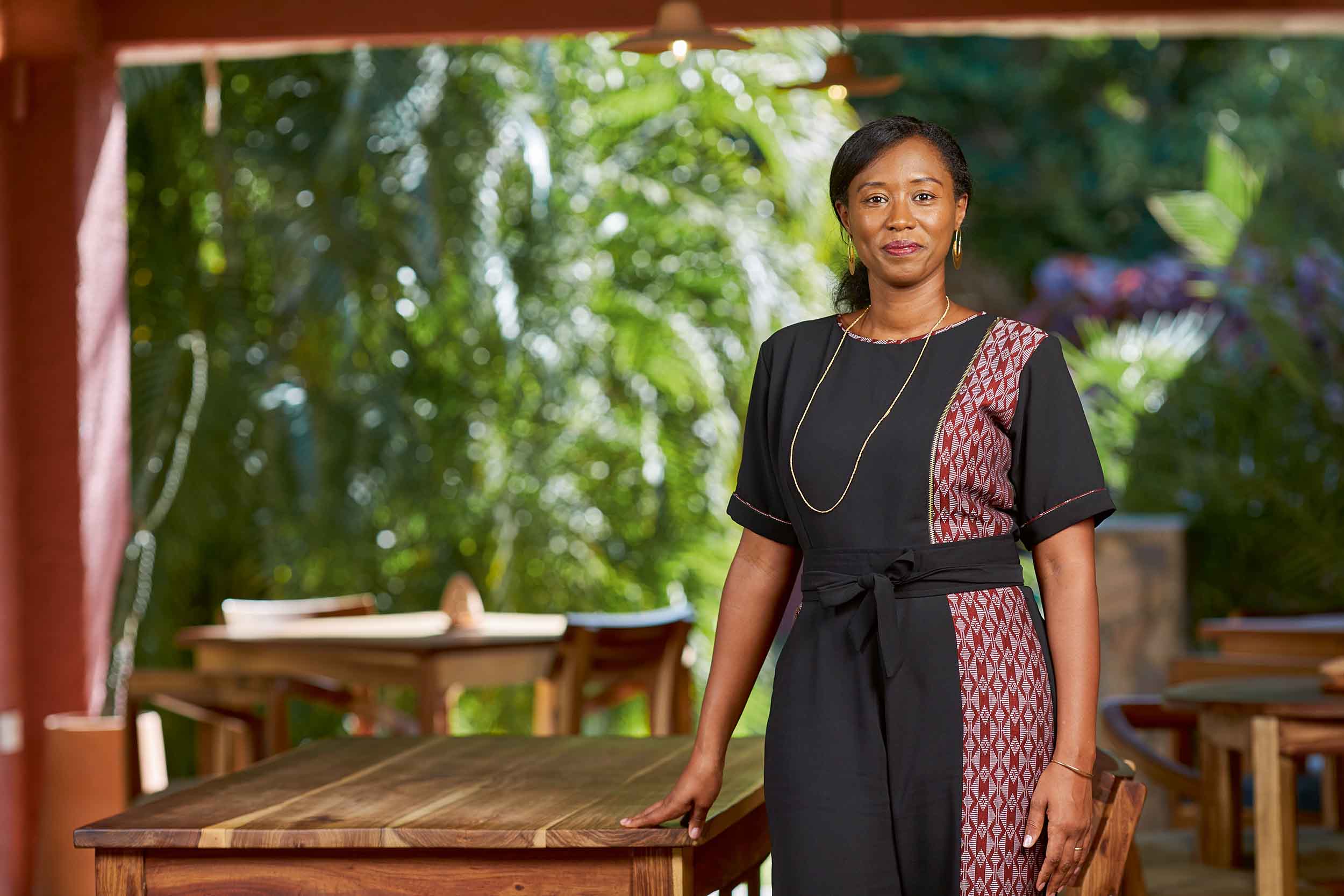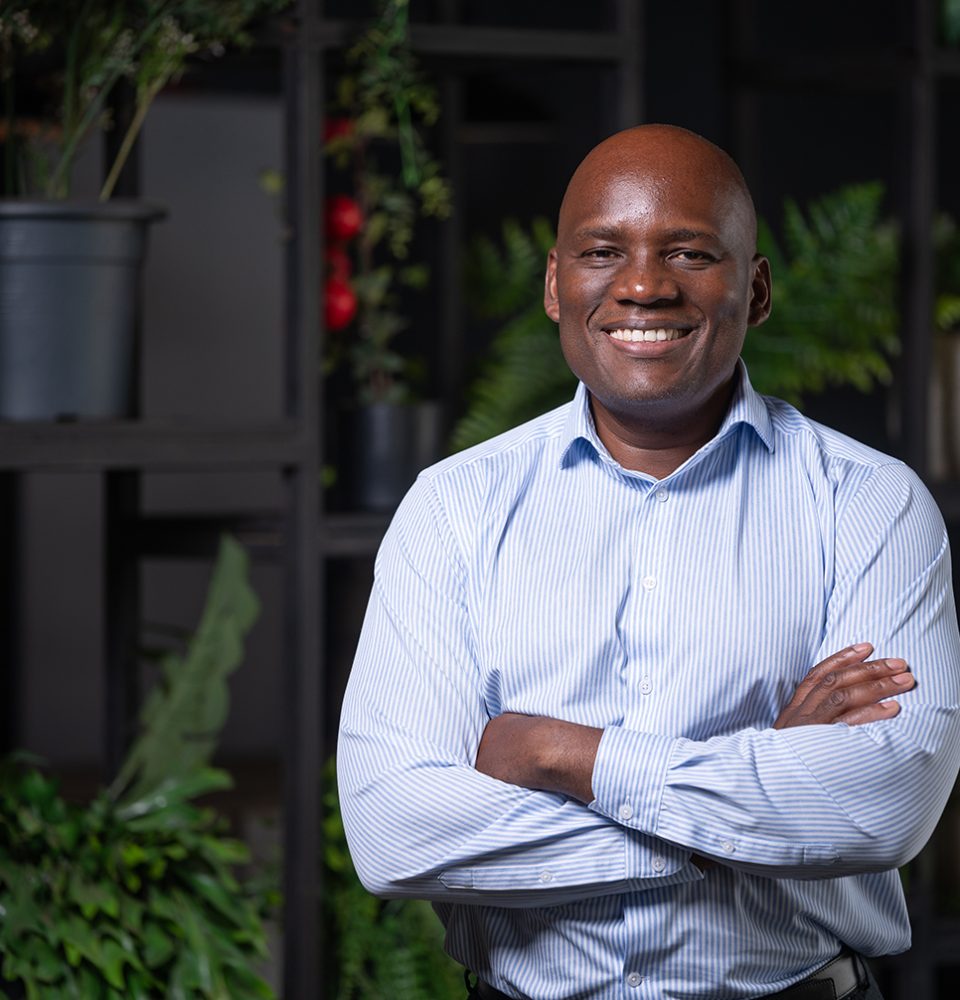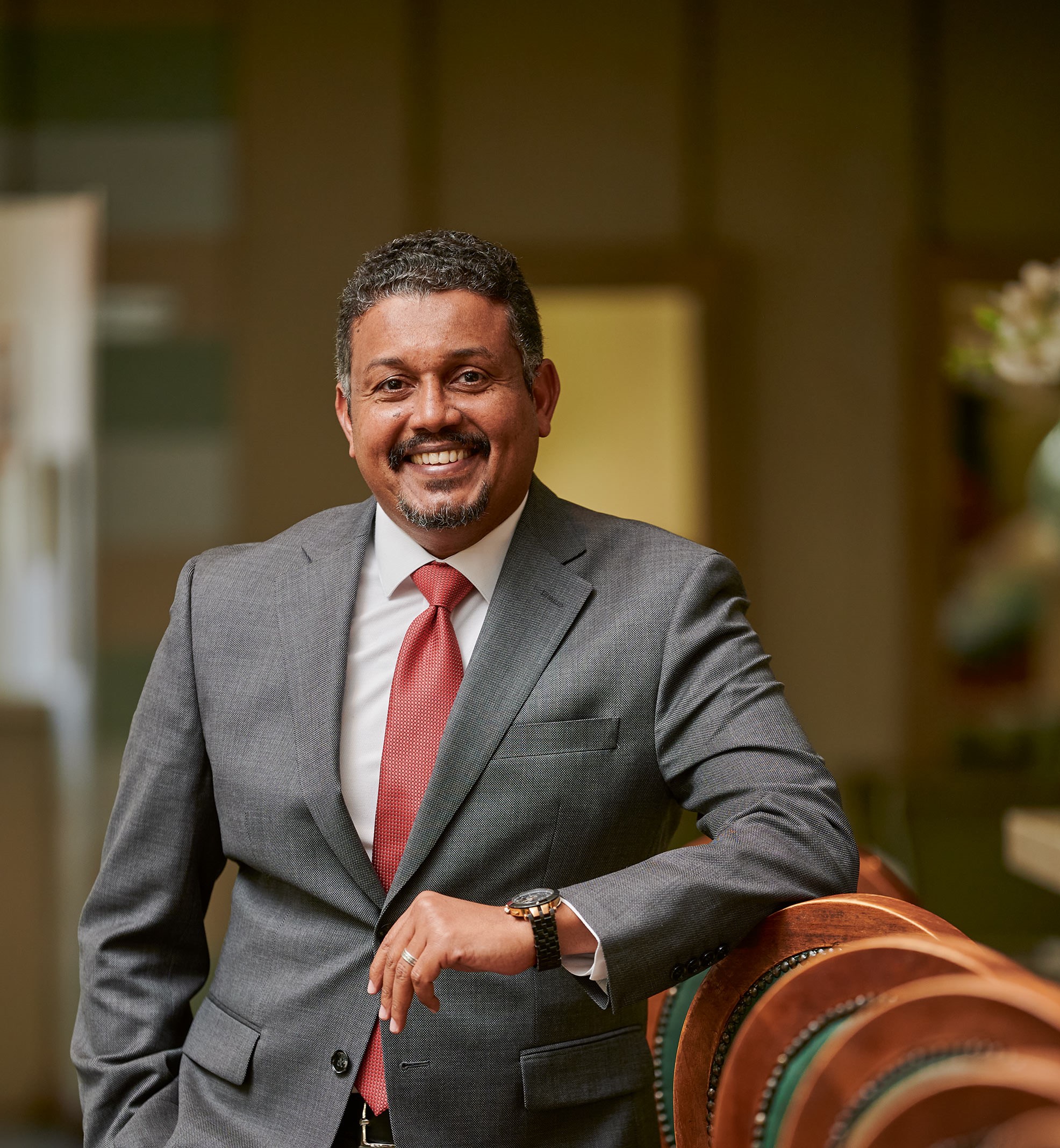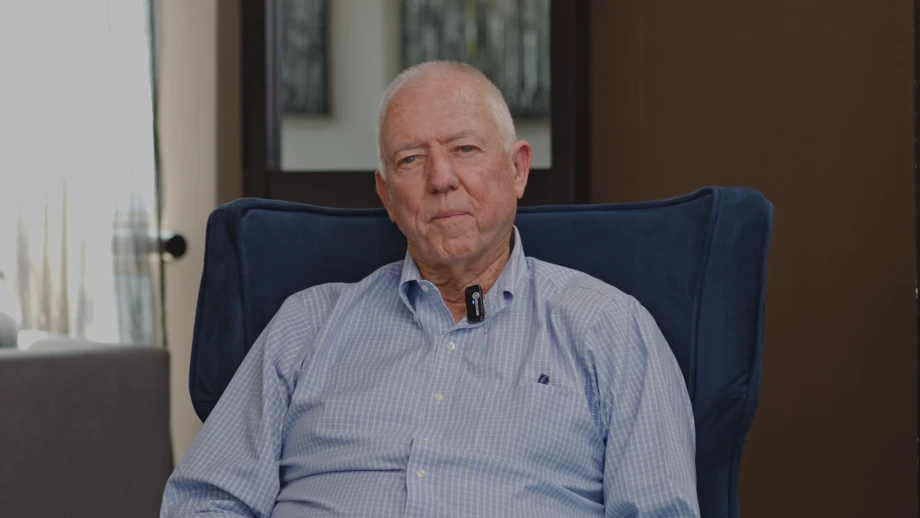Jose Moran typifies the Latin American stereotype with charm, passion and charisma. Three important qualities to have if one is to succeed at home and abroad.
We met at The Hussar Grill, one of Lusaka’s favourite eating places. Known for their steaks and wine selection, The Hussar Grill was a fitting scene for the interview. The relaxed mood married with an air of sophistication that could have described Jose as well as the venue.
As we waited for our order of calamari strips and chips we chatted about Jose’s upbringing. Born and raised in Guayaquil, the largest city in Ecuador, Jose grew up near the coast. A self-described beach boy and a big fan of water sports, Jose misses the ocean when he is in Lusaka.

“I grew up with a very strong influence from my father. Although I was always a rebel. He had his own business and wanted me to work with him. But I wanted to do my own thing.” Despite this offer being turned down, Jose’s father always remained supportive.
Jose obtained a bachelor’s degree in Commerce, with a minor in Accounting. His first job was with accounting firm Arthur Anderson before moving on to Ernst & Young. “It was an amazing career opportunity. I worked in Canada for two years. And through my job I travelled quite a lot through South America. Travelling is one of my passions. Especially to countries near the ocean so I can surf.” This exposure helped broaden his perspectives on business and corporate culture.
After doing his Master’s in Finance in Spain, Jose returned to Ecuador and joined his first brewery, Cerveceria Nacional. “Even though I started with finance, it was never my passion. So when I moved into commerce and sales and started interacting with people, it’s where I really found my ground.”
From the finance department Jose moved into logistics. As well as marking the beginning of his career in the brewery industry, this also was the end of his time in finance.

His first experience of working in Africa was in Mozambique, before being transferred to Zambian Breweries as Country Director. After SABMiller was purchased by AB InBev Jose was asked to head Zambian Breweries last year.
Despite the similarities between the emerging economies of Africa and South America there were a number of cultural differences Jose has noticed. “On the work culture the biggest difference that I see is in Africa [Zambia and Mozambique] people are still pessimistic. In South America, we have already passed through those tough moments and cycles around our developing economies and people stay optimistic. We need to be more optimistic about the future. Of course all the countries in Africa are still new nations; Mozambique is turning 40 and Zambia is still in her fifties. But still people don’t see the future as bright as I do; there is immense potential in the continent and its people.
But pessimism makes it a little difficult when you try to motivate people. When you tell them to dream big and thrive for world-class standards in Africa. People think you are crazy or just daydreaming. They think it is not doable. But then they achieve excellence using our same people and resources and tell me I was right.”

As we neared the end of our main course and waited for the cheesecake Jose had ordered for dessert we shared thoughts on the opportunities for growth. “We believe there is a universal truth about beer. It brings people together to celebrate life. Therefore, as the leading global brewer, we believe we have a unique role to promote responsible drinking and discourage harmful drinking, and we take it seriously to the bone,” Jose told me.
With alcohol consumption perceived as being at high levels some see the Zambian Breweries growth rate near its peak but Jose sees potential for much more growth.
“There is high consumption of illicit alcohol. In Lusaka for example, there is high proliferation of drinks that are 40 percent

[alcohol]
and above. They are very damaging to one’s health and producers don’t pay taxes. There is also a high prevalence of opaque beers. When we put it into context, this type of alcohol
[he says while pointing to his Mosi]
, the four percent lagers make up only one fifth of the overall consumption.”
Jose tells me that Zambian Breweries is committed to contributing to the local economy and providing more product choices for consumers. Take Eagle Beer, for instance. It has “a lower price point to compete with illicit brews and give more options to consumers. It is a brand made of cassava. Hundred percent sourced from Zambia. We’re buying the cassava from small-scale farmers in Luapula. We started with 2,000 farmers and right now we have 5,000 farmers after three years. And we anticipate that, based on the tonnes we are buying, that this year it will be around K8 million we have put into the economy in Luapula and Northern provinces.

“I am also proud because we have localised a lot of our senior positions. When we started 18 months ago we had around 1,000 employees with a significant number of expatriates. Our management team back then had nine positions and only three were held by Zambians. While today it is the opposite. Of the nine only three of us are expatriates. “I believe a great leader is one who hires, develops and retains people that have the potential to become better than themselves. We will be judged by the quality of our teams.”
“We believe in growing our talent. The culture is one of meritocracy. The financial results for Zambian Breweries are great. But to make it sustainable you need local people and the right culture.” I believe in building a culture of a company of “owners” where we never get completely satisfied with our own results. At ZB, we compare our business against companies that are doing better than us. Look up and get inspired and challenged instead of looking down and get comfortable and lazy.” Jose sees grooming people to take over from him as his lasting legacy. His charisma and vision continue to drive him closer to making his goals a reality.
